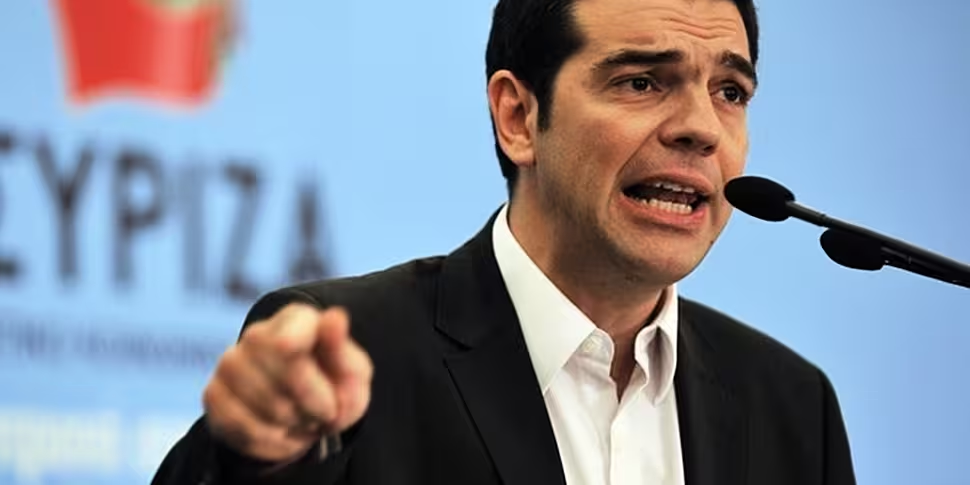Eurozone Finance Ministers are meeting in Brussels today to make a final call on Greece's request for an extension on its loans.
Athens has given the EU a "take it or leave it" ultimatum - after Germany dismissed the request yesterday, saying it's not a substantial proposal for a solution.
Greece wants the six-month extension to give it more time to renegotiate the terms of its bailout - but says it won't accept more austerity conditions on any bridging loan.
With just a week to go until the Greek bailout expires; British Chancellor George Osborne says the stakes are high.
In the corridors and meeting rooms of the Justus Lipsus building in Brussels, Greece and its euro counterparts have been charged with discussing how to keep the struggling nation in the single currency.
Their chances of success seem to be flagging.
Greece is in dire need of money. The state has a series of debts to repay in March, some to the International Monetary Fund, some to the European Central Bank.
It can't easily raise cash in the open markets so it will have to find that money elsewhere.
That means borrowing it from its eurozone colleagues. Greece is of course still receiving bailout support from the so-called Troika lenders (the European Commission, ECB and IMF), so the most straightforward thing would be to extend the existing bailout and withdraw some extra cash from it (there's about €7bn of it left, which would be very helpful right now).
However, extending the bailout would also mean extending the conditions attached to it - austerity, privatisations, labour market and pension reforms.
Syriza, the party which leads the new Greek government, adamantly set itself against that in its election campaign. It also said it would refuse to co-operate with the Troika in future.
Finance minister, Yanis Varoufakis, has spent most of the past few weeks attempting to persuade his European counterparts to lend Greece some cash, but to do it as a "bridging loan" rather than as an extension of the "current programme".









